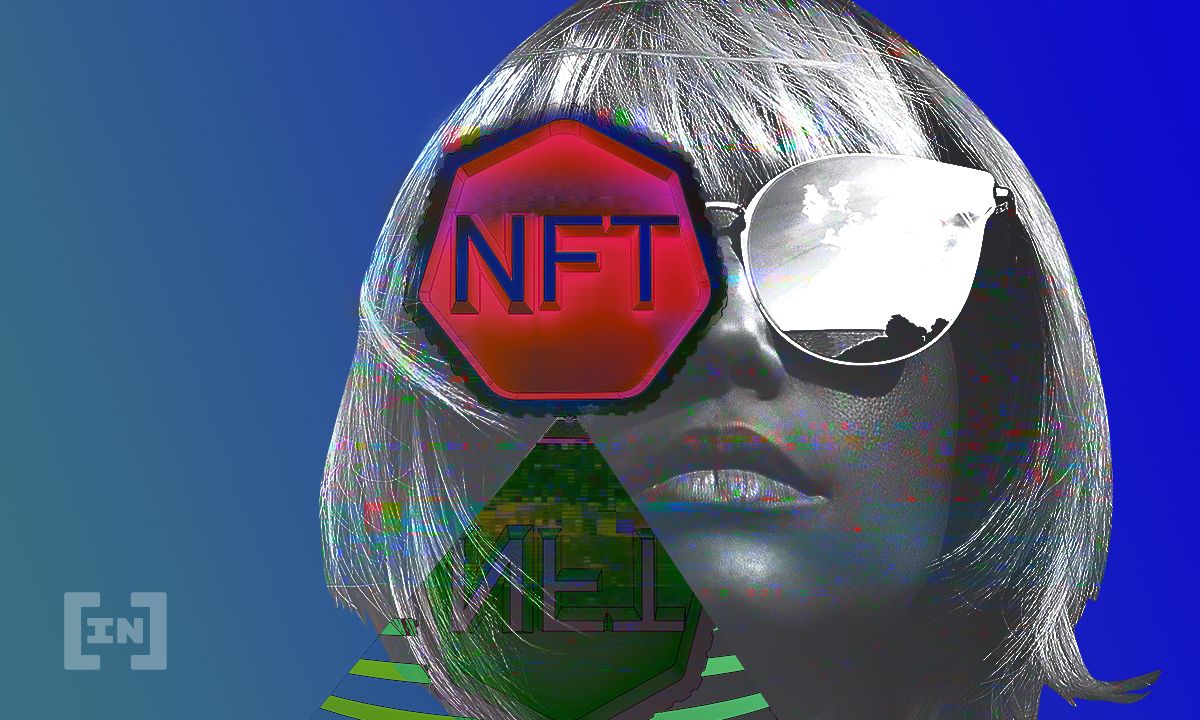Cryptocurrencies and the gaming industry merge around non-fungible tokens (NFTs). This is because NFTs represent a form of provable, digital ownership.
An NFT can be linked to art, such as digital music, movies, or it could be tied to real-world property, such as real estate. NFTs can also be used to represent in-game items in virtual worlds.
NFT basics
NFTs are the result of executing a certain type of smart contract. They are most often deployed on top of the Ethereum blockchain using non-fungible ERC token standards, such as ERC-721.
ERC-20, perhaps the most commonly deployed Ethereum token, is a fungible token standard. Gaming industry developers can use the blockchain as a database of who owns what in their gaming environment with the right ERC standard.
The possibilities in-game NFTs offer
Games often feature skins, weapons, and other in-game items, and people trade those items. NFTs can represent 3D assets in a gaming environment.
Let’s say you have a 3D weapon, and you can sell it, but you must first download that weapon to your PC to transfer it to someone else. Instead, what if you could take that NFT and transfer it to someone else. Once that person receives it, they can use it in the game.
If you own a spaceship on EVE online, for instance, you could trade it with anyone else if it were represented in NFT form. Furthermore, you control it, not the game developers. That’s real-world value.
On Kickstarter, if you donate to a cause or a project, you might, in turn, receive a T-shirt or a copy of the game. Indie game developers can sell in-game items for their future games, bringing their games to market through their crowdfunding efforts.
Both future players, as well as those interested in hodling rare in-game items, can pre-order such in-game items while helping the project come to fruition. Those who reserved in-game items can then freely trade those goods with others.
These are all examples of how NFTs can revolutionize in-game item ownership.
Trading NFTs needs more simplicity
To date, there is no simple solution for efficient NFT trading. The industry needs a platform for raising funds and trading those NFT assets, as well as seamless blockchain integration for indie game developers.
Once a game integrates with the blockchain, every single player who owns or has a certain amount of assets can download that game.
From there, they can sign up inside the game environment with the credentials that they used on an NFT trading platform. As such, they can then see those assets inside that game. The trading and fundraising platform helps game developers to sell those assets, too.
The NFT industry’s success will depend entirely on how simple users can deploy their own NFTs. Complexity gets in the way of onboarding potential players. In the future, the buying, selling, and trading of in-game items will be a normal part of playing online games.
NFTs will be a key part of the metaverse
What does all of this portend? The metaverse―defined as a virtual shared space merging virtual, augmented, and physical reality―is coming, and there can be no doubt about that.
It could one day become its own trillion-dollar industry featuring entertainment, commerce, and even work.
You could earn a token just for participating in certain aspects of the metaverse, which could even one day become the successor to the internet. The world needs work, and perhaps work of the future can be a whole lot of fun.
Matthew Ball, a venture capitalist, and writer believe the metaverse will become “the gateway to most digital experiences, a key component of all physical ones, and the next great labor platform.”
Facebook CEO Mark Zuckerberg, who prefers to do his meetings in VR, sees the metaverse as hosting virtual workspaces where people can work with the potential for better multitasking and potentially more collaboration.
The social media network is not the only behemoth getting in on the metaverse action. Decentralized blockchain projects need to work for their seat at the (virtual) table. All familiar names are involved in building out this future world: Microsoft, Apple, Epic, Google, and others.
The blockchain industry is at an advantage, already in the correct frame of mind to build out something of a metaverse. While the siloed corporations will seek pre-eminence in the metaverse, a cross-compatible metaverse is more likely to evolve.
A recent Apple-Epic court battle puts this on display regarding paywalls. The blockchain industry is already well-versed in cooperation, giving it a distinct advantage over incumbents regarding the metaverse. Plus, the industry is already building out the metaverse, and NFTs are just one aspect.
Disclaimer
In compliance with the Trust Project guidelines, this opinion article presents the author’s perspective and may not necessarily reflect the views of BeInCrypto. BeInCrypto remains committed to transparent reporting and upholding the highest standards of journalism. Readers are advised to verify information independently and consult with a professional before making decisions based on this content. Please note that our Terms and Conditions, Privacy Policy, and Disclaimers have been updated.


